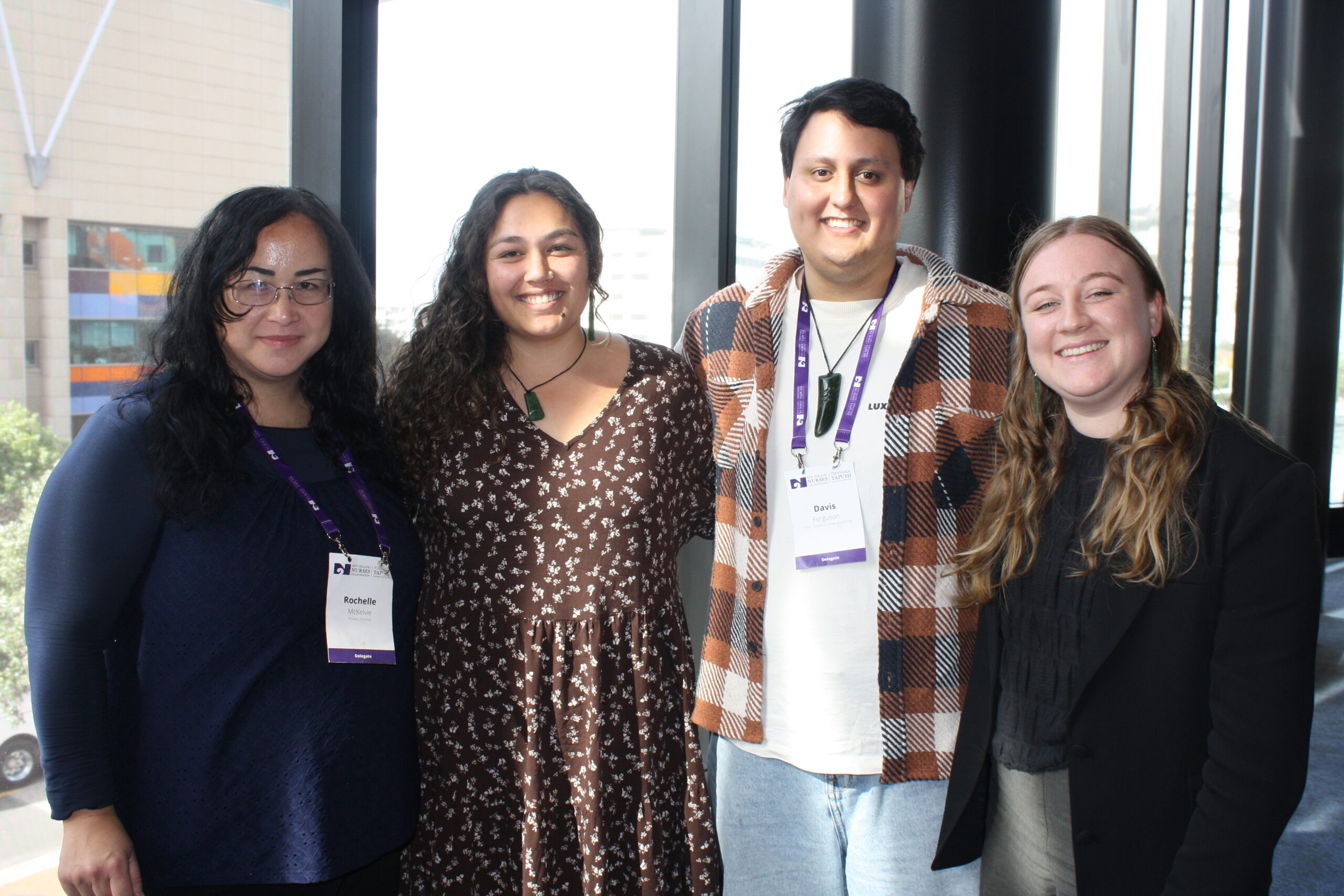Auckland nurse graduate Megan* woke up today to find she had missed out on an entry job at Te Whatu Ora.
“The first thing I did was jump on my computer and apply to work in Australia,” she told Kaitiaki. With a $60,000 student loan: “I would love to work in New Zealand and begin my career here . . . But I can’t afford to sit here waiting for a job when I know I can get one in Australia.”
Megan is one of 770 registered nurse (RN) graduates who found out today she had not been matched to an entry role through Te Whatu Ora’s national job-matching service ACE (advanced choice of employment).
Of 1614 applicants, another 844 were matched at Te Whatu Ora or a partnership organisation — a 52 per cent hiring rate.
‘Te Whatu Ora has failed in its most basic duty — to plan the future nursing workforce. The first year of employment is critical for nurses entering the health workforce.’

Te Whatu Ora chief nurse Nadine Gray said the remaining 770 graduates would be encouraged to take up roles in primary, community, aged care and other non-hospital settings.
“We would encourage graduate nurses to be flexible around the location and type of work they are seeking. Even if it is not their first-choice role, all roles will offer valuable work skills and experience and help them develop their nursing careers.”
Gray said some of the remaining nurses would be picked up through Te Whatu Ora’s normal turnover — but couldn’t guarantee roles for everyone.
Te Whatu Ora was encouraging other employers to hire new graduates, including through incentive payments of up to $20,000 per nurse hired, Gray said.
‘It feels unfair because I put my heart, soul and tens of thousands of dollars into the last four years.’
But NZNO national student unit co-leader Bianca Anderson said the news was “devastating” and Te Whatu Ora had “utterly failed” graduates — many of whom would leave for Australia.
“Te Whatu Ora has failed in its most basic duty — to plan the future nursing workforce. The first year of employment is critical for nurses entering the health workforce.”

Dozens of distressed graduates got in touch with Kaitiaki today after hearing the news.
‘Don’t rely on the New Zealand health system because it will let you down — it will let you down.’
A Dunedin graduate, who asked not to be named, said it was “frustrating” to be in limbo and he was considering moving to Australia for the first time.
“I love living in New Zealand and it is where I see my long-term future but now I am considering it [Australia].”

Auckland graduate Libby Snook — who has wanted to be a nurse since she was 12 — said it was hugely disappointing to miss out on her hoped-for role in neonatal nursing. Especially as she had observed on placement that many wards were understaffed more than half the time she was there.
Instead of an exciting time, it was a time of “huge uncertainty” and financial challenge.
‘How can we impact patient’s and the public’s lives positively if we can’t get a job?’
NZNO student representative Bella Forrest said anxiety levels were high at what should have been an exciting time.
“I’m more fearful for all the parents and others who can’t leave their region and might not get a job – and they’ve taken so much time to do this, so to not get a job . . . it’s a lot of stress.”
An Auckland graduate said she felt “broken” and lonely after missing out despite “working my butt off” during her studies.
“It feels unfair because I put my heart, soul and tens of thousands of dollars into the last four years.”
Another said it was hard to have such limited opportunities.
“I came into this degree wanting to be an amazing nurse who could genuinely impact patient lives, we all did, but how can we impact patient’s and the public’s lives positively if we can’t get a job?”
Pay rates in primary health and aged care are up to 20 per cent lower than at Te Whatu Ora, and they lack many of the supported entry roles at Te Whatu Ora with mentoring for new nurses.
Many said they were in debt and eyeing Australia.
In July’s smaller mid-year nurse cohort, three in five graduates got jobs amid budget constraints despite Te Whatu Ora denying a hiring freeze.
Further staff cuts have been revealed at the struggling organisation, including in its data/digital unit and public, hauora Māori and Pacific health services. Commissioner Lester Levy has been tasked with cutting spending by $200 billion.
‘We have been let down’
For Megan, who wanted to work in paediatrics after spending time in hospital as a child, it’s a no-brainer — even though her heart belongs with her family in Aotearoa.
Alongside $5000 for moving expenses, some parts of Australia are offering two months’ free rent for Kiwi nurses, she reckons.
And her message to other nursing students? “Don’t rely on the New Zealand health system because it will let you down — it will let you down.”
In total, there were 1788 students who sat their final exam this month, with results expected next week, the Nursing Council has confirmed.
*Last name withheld on request.
- Kaitiaki will be publishing more graduates’ stories over coming days
- This article was amended on June 25, 2025, to remove a graduate’s name on request.



